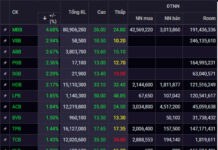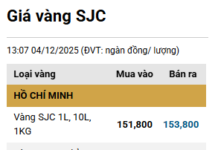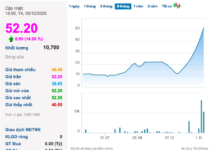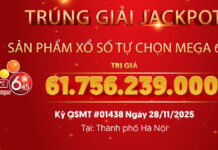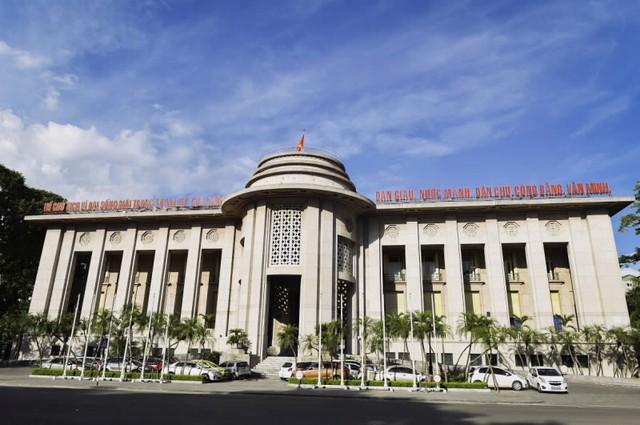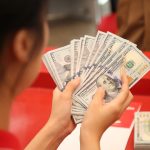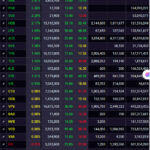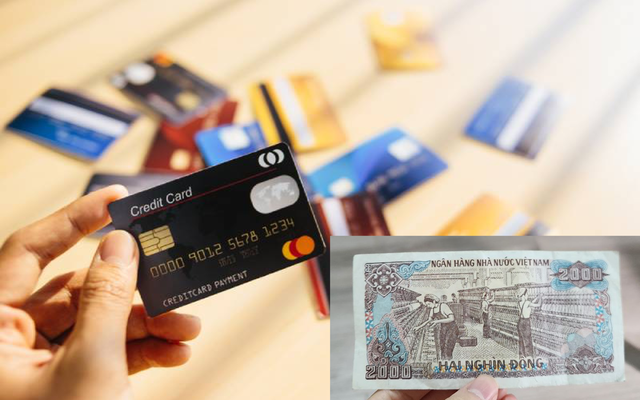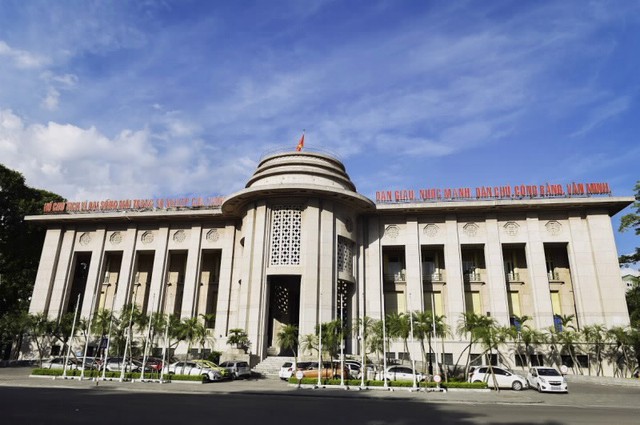
Illustrative image
The USD/VND exchange rate has been on a downward trend in recent days. In the interbank market, the exchange rate closed yesterday (August 19) at 24,974 VND/USD, a significant drop of 87 dong compared to the previous week. This is the first time since April 2024 that the USD interbank exchange rate has traded below the 25,000 dong mark. Since the beginning of August, the interbank USD exchange rate has decreased by more than 1.3%.
Today (August 21), the State Bank of Vietnam (SBV) lowered the mid-point exchange rate by 10 dong to 24,251 VND/USD. Domestic banks also slashed their USD buying and selling rates this morning, with adjustments mostly around 100 dong per USD.
The most notable change was at BIDV, which decreased the exchange rate by 140 dong for both buying and selling compared to yesterday’s rates. Similarly, Sacombank reduced their rates by 130 dong for buying and 110 dong for selling.
Currently, the buying rate for USD at banks ranges from 24,710 to 24,743 VND/USD, while the selling rate fluctuates between 25,080 and 25,160 VND/USD.
Vietcombank, the country’s largest foreign exchange trader, is offering buying and selling rates at 24,710 and 25,080 VND/USD, respectively. Since the beginning of August, the USD rate at Vietcombank has dropped by approximately 350 dong, equivalent to a 1.3% decrease.
The black-market exchange rate has also been on a downward spiral and is currently trading at 25,350 to 25,430 VND/USD. This is the lowest rate since March. The black-market rate started to plummet in the last month, especially in the first half of August. Compared to the peak of nearly 26,000 dong in late June, the current black-market rate is lower by 600 dong, representing a decrease of about 2.3%.
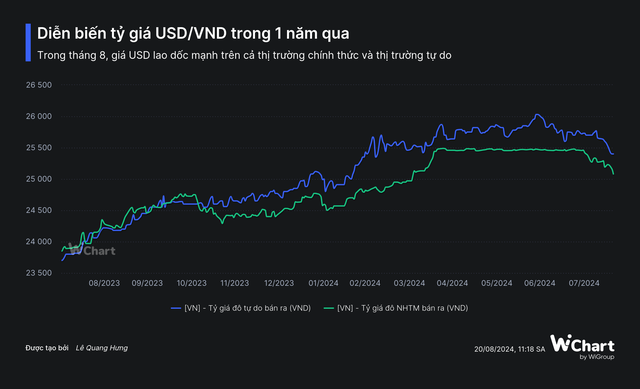
The sharp drop in domestic USD rates comes as the US dollar weakens globally, with markets reassessing the Fed’s monetary policy outlook ahead of the upcoming Jackson Hole Symposium.
The Fed Chair’s speech at the symposium on Friday could provide new insights into the pace and timing of interest rate cuts in the latter part of 2024. Additionally, the US dollar is under pressure as data shows a decline in US housing construction in July due to higher credit interest rates and home prices, indicating that the real estate market remains sluggish in Q3.
Moreover, Vietnam’s foreign currency supply is supported by an increase in registered and disbursed FDI compared to the same period last year. Meanwhile, domestic foreign currency demand is not high, as businesses have already imported materials for production, and the trade balance remains favorable.
According to ACB’s market research team, with the black-market exchange rate cooling down rapidly and the US dollar weakening ahead of the crucial central bank conference, the inability to hold the 25,100 dong support level last week could lead to a continued downward trend in the exchange rate this week.
On another note, the cooling exchange rate will provide the State Bank with an opportunity to implement a more relaxed monetary policy, thereby improving liquidity for the banking system and the economy.
Previously, in the second and early third quarters, the SBV had to continuously implement tight measures in the market to curb the rising exchange rate, such as increasing OMO interest rates, raising bill interest rates, and selling foreign currency. These actions put pressure on the banking system’s liquidity and the interest rate environment in recent months.
With the easing of exchange rate pressure, on August 5, the SBV simultaneously reduced the OMO interest rate and the bill interest rate by 0.25 percentage points. Analysts believe that this move will support liquidity in the system and help ease interbank interest rates.
“This indicates that the SBV is confident in its ability to manage the exchange rate and is prepared to implement supportive monetary policies when the opportunity arises,” said Phu Hung Securities in a statement.
Vietcombank Securities (VCBS) also believes that with positive macroeconomic signals and the SBV’s policy direction, liquidity is expected to stabilize and become more abundant, leading to a potential decrease in interbank interest rates.
New currency exchange service: Rare small denominations
The demand for exchanging small denominations of money increases during the Lunar New Year, but the availability of small bills is limited. The familiar “money exchange kiosks” are also gradually disappearing from this service.






